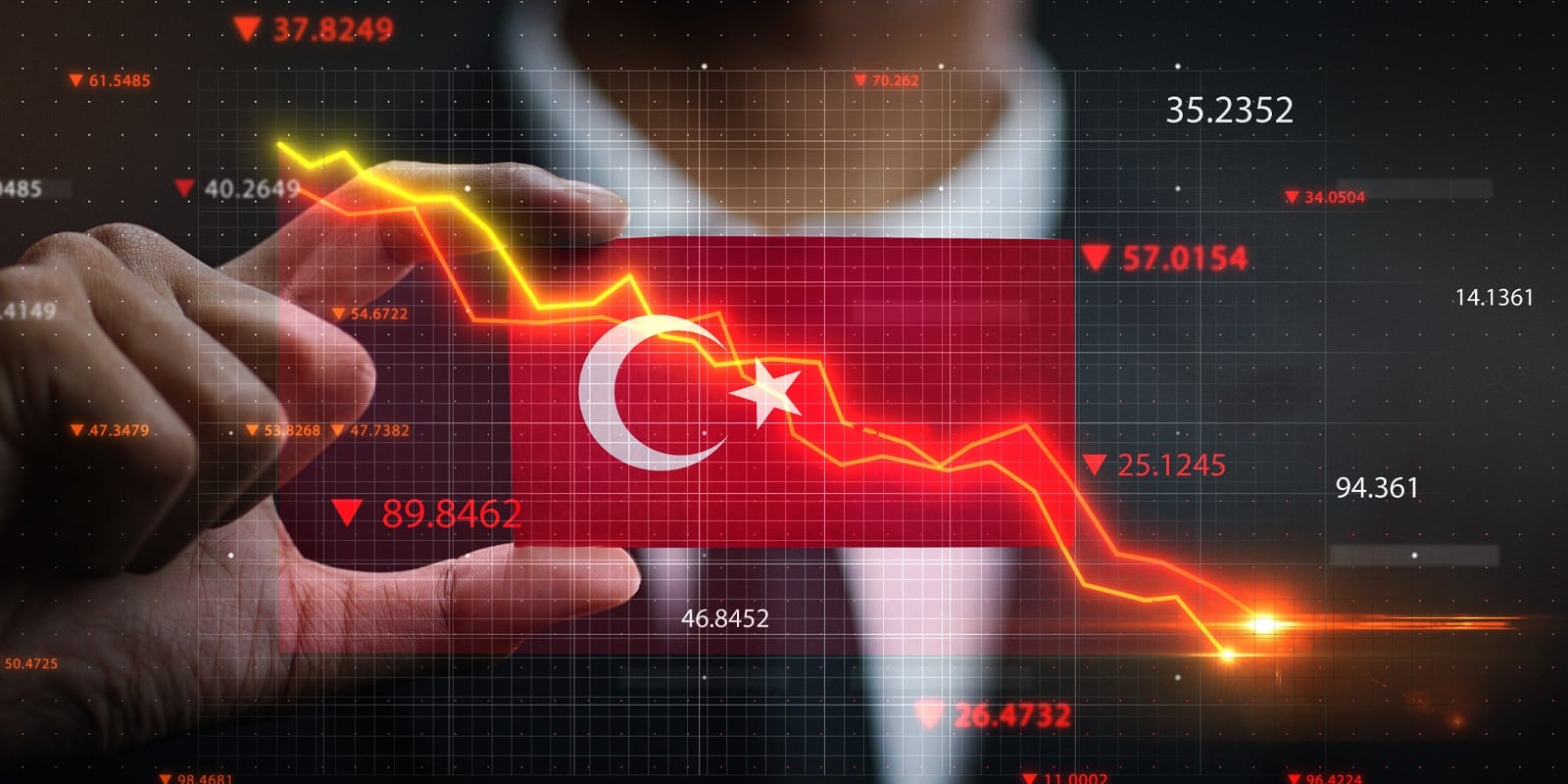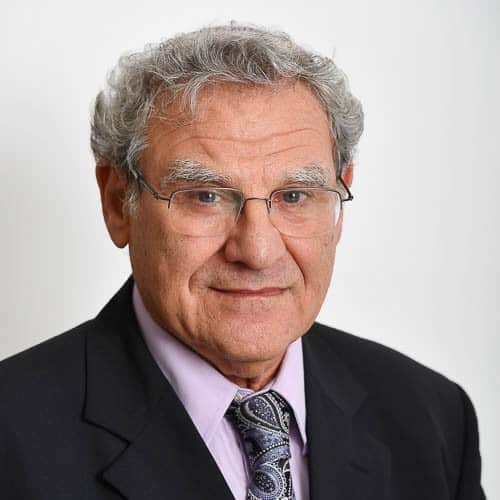A clear Turkish rationale for better relations with Israel is to weaken the strategic partnership between Jerusalem, Greece, and Cyprus and get access to Israel’s natural gas.
Turkey’s regional policies have caused increased isolation, and President Tayyip Erdogan’s monetary policies led to a deteriorating economy.
Ankara is currently trying to mend its ties with regional powers, including Egypt, the United Arab Emirates (UAE), Saudi Arabia, and Israel.
On February 3, Erdogan announced that he would host Israeli President Isaac Herzog for an official visit to Turkey in mid-March. Erdogan also claimed Israel was interested in restoring diplomatic ties, noting that Prime Minister Naftali Bennett maintains “a positive approach.”
Erdogan’s comments come after he sent other similar signals to Jerusalem. These include the release of two Israeli tourists detained on suspicion of espionage in November after two weeks in prison. Herzog and Bennett each called Erdogan separately to thank him as a token of appreciation.
In addition, in January, Erdogan called Herzog to offer his condolences on the death of his mother. A week later, Turksh Foreign Minister Mevlut Cavusoglu called his Israeli counterpart Yair Lapid to inquire about his health after the latter had recovered from the coronavirus – the first conversation between Turkish and Israeli foreign ministers in almost a decade. Similarly, Israeli universities have been contacted by Turkish universities.
While Turkey maintains robust trade with Israel, Erdogan has harshly criticized Israel on the Palestinian issue, with remarks bordering on anti-Semitism. Meanwhile, his country continues to host Hamas terrorists.
Energy concerns are at the top of the Turkish agenda in its drive for rapprochement with Israel. Turkey is mainly dependent on energy imports from Russia and Iran and needs to diversify its energy sources. Therefore, Turkey wants Israel’s gas reservoirs for domestic use and export to Europe, strengthening its energy hub status.
Moreover, Israeli gas could generate revenue for the struggling Turkish economy, particularly before the upcoming elections. Furthermore, a pipeline from Israel to Turkey via Cyprus is the optimal solution economically and practically, though Cyprus’ approval might be needed.
After the US withdrew its support for the expensive and technologically problematic EastMed pipeline that planned to move gas from Israel and Cyprus to Europe via Greece, Turkey hopes that Israel could be tempted to ignore strategic considerations and place its gas faucet in Turkish hands. However, Israel should carefully consider allowing its gas exports to be in Turkish control, which could use it as a weapon against Israel in the future.
Furthermore, Ankara faces an unfriendly Biden administration. Nevertheless, Turks have always believed that Israel and its lobby can influence American foreign policy. Therefore, improving relations with Israel could be helpful in the American arena.
Better relations with Washington are more needed than before as Russia, a historical rival of Turkey is becoming increasingly assertive. Moreover, the Ukraine crisis underscores the difficult Turkish position as it attempts to balance its NATO membership with its efforts to distance itself from the West
A clear Turkish rationale for better relations with Israel is to dissolve or weaken the strategic partnership between Jerusalem, Greece, and Cyprus. As a result of Turkish hostility, the security cooperation among this triangle was strengthened considerably. Israel should resist efforts to weaken this triangle.
This bloc was joined by Egypt and the UAE, pursuing complementary policies in the eastern Mediterranean on energy, exclusive economic zones (EEZs), and Libya, to the chagrin of Turkey. To a great extent, Israel is the linchpin of this alignment.
The closer relations between the UAE and Turkey may be an additional input in the Turkish moves toward Israel. The UAE wants Turkey to desist from its vocal criticism of the Abraham Accords between the Gulf sheikhdoms and Israel.
Turkey is interested in maintaining access to Jerusalem and its Islamic holy places. Ankara desires to increase its presence in Jerusalem to bolster its leadership in the Islamic world and prefers to minimize Israeli opposition to its activities in the city.
Israeli governments have always sought good relations with Turkey. However, the deterioration in relations was primarily the result of a significant reorientation in Turkish foreign policy under the ruling Islamist AK Party. While an Islamist Turkey is likely to remain a geopolitical rival, Israel should respond positively to Ankara’s overtures and clarify its positions in its negotiations with Turkey before Herzog’s visit.
First, Israel’s president should be treated with complete respect. There are rumors in the Turkish media that Erdogan plans not to meet Herzog at the presidential palace but a lesser venue. This would be a sign of disrespect if this takes place.
Second, Israel should expect Turkey to adopt a more nuanced policy on the Israeli-Palestinian dispute. Turkey should refrain from opposing the Abraham Accords and cooperating with Hamas and other terrorist entities. Turkey should evict the Hamas terrorist leadership from its territory.
Third, Israel should seek the cancellation of the November 2019 memorandum of understanding (MoU) with the Libyan Government of National Accord (GNA), which purports to determine new EEZs boundaries. The Turkey-Libya MoU effectively drew a dividing line between the eastern and western parts of the Mediterranean, threatening maritime security, natural gas exploration, and new infrastructures such as the EastMed pipeline or an electricity cable from Israel or Egypt to a European destination.
Fourth, Israel should aim for an understanding placing clear limitations on Turkish activities in Jerusalem, which undermine its sovereignty.
Finally, better bilateral relations should lead Turkey to end its obstructive role in Israel-NATO relations.
Turkey recognizes Israel as an important regional power and should accommodate Israeli expectations if it pursues rapprochement. It fully understands that reciprocity is needed.
JISS Policy Papers are published through the generosity of the Greg Rosshandler Family.
Photo: Freepik



 - בניית אתרים
- בניית אתרים